#edward cullen
Text
would have loved to see the absolute mental unraveling of Edward Cullen during his honeymoon. in just a few short days the man goes from "oh no, i'm going to have to be physically intimate with my new extremely breakable wife," to "Oh No, that was the hottest night of my existence & i almost broke my new extremely breakable wife so now i definitely can't do this again even if it's hottest thing i'll ever do," to "oh nO, my new extremely breakable wife is wearing vIRTUALLY NOTHING on this hot tropical island & she's finally got the confidence to try & seduce me & i have to reject her despite kNOWING HOW GREAT IT IS TO HAVE SEX WITH HER" to "OH NO MY WIFE IS WEARING THE WORLD'S SCRAPPIEST BLACK LACE NIGHTGOWN & IS BEGGING ME TO HAVE SEX WITH HER BUT I CAN'T BUT I WANT TO BUT I'LL KILL HER BUT-
#twilight#twilight renaissance#the twilight saga#tts#edward cullen#bella swan#it's Crack But Serious begging to be written#no. no! focus on the fic........ gotta focus on the fic...................
126 notes
·
View notes
Text

yes, we all know the quote, the one you're thinking about commenting.
prints | patreon
73 notes
·
View notes
Text
https://dawn-086.ludgu.top/eu/dcfTFrs
#weasley twins#the band ghost#whiskey#house of commons#black excellence#kipo and the age of wonderbeasts#edward cullen#my artwork#bodysuit#sister beatrice
124 notes
·
View notes
Text

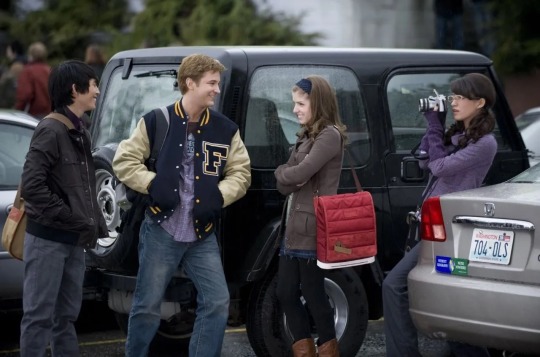

#2000s aesthetic#bella swan#edward cullen#twilight#twilight aesthetic#twilightcore#aesthetic#corecore#isabella swan#normcore#christian serratos#angela#twilight au#twilight fandom#twilight fanfiction#twilight carlisle#forks washington#alice x bella#mike newton#jacob black#alice cullen#2000s emo#2000s#2000s nostalgia#2000s style#2000s core#new moon#moodboard#movies#fanfiction
20 notes
·
View notes
Text
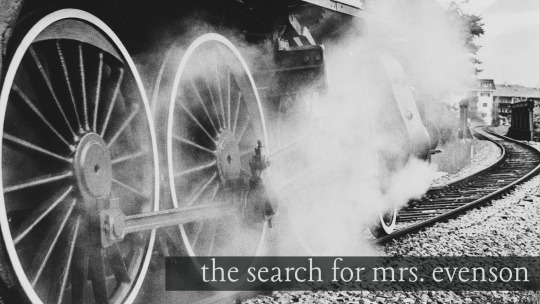
By an act of fate Charles Evenson finds himself in Ashland, Wisconsin searching for his missing wife.
cw: references to domestic abuse and infant death.
on ao3 here.
Saturday, February 19, 1921. 6:07 PM.
Washburn, Wisconsin.
“Edward, no.”
The car engine roared to life before the front door had a chance to slam shut.
“Edward, please.”
Within seconds the coupe was speeding down the dirt road, leaving a cloud in its wake.
“Edward, don’t.”
The woman was still pleading long after the woods had swallowed the view of the automobile. Her cries were heard by no one but a confused, but sympathetic, doctor.
__________________________________
Saturday, February 19, 1921. 9:01 AM.
Union Depot. Ashland, Wisconsin.
A steam whistle pierced the air as Charles Evenson’s train lurched out of the station, without him.
He skidded to a halt at the edge of the depot. He desperately bent over to catch his breath, his knees cracking as they moved. Between the bullet in his hip and his age, the sprint across the station had his irregular pulse pounding against his skull. He grimaced as a toddler waved at him from the train window, pointing at him and then getting his mother’s attention. Charles lazily waved at the young woman gaping at him through the moving window, sneer never leaving his face. She caught his gaze, quickly looking away, pulling her son from the window in what seemed to be a mix of guilt for catching the train and… fear.
“Excuse me, sir,” a shrill woman’s voice said behind him. He took a deep breath, attempting to wipe the irritation off his face, and turned to face the voice. An older, stout woman was standing in front of him, holding his wallet and cane in her hands. “I believe, you dropped these.”
“Yes. Thank you,” he said, taking his belongings. In his haste, he had failed to notice.
“Did you miss your train?” She asked.
It was such a pity for a woman to have neither brains nor beauty, hopefully she was a half-decent cook. Although perhaps she was not as dim-witted as she appeared and used idiocy as a ruse to cover a much larger sin for a woman to possess: inquisitiveness.
“Yes. I did not realize the service I took from Saint Paul was to a different station,” he huffed, tucking the wallet back into his coat pocket.
Charles had naively believed his secretary could book his trip efficiently. Misplaced faith meant he was forced to run a mile and a half in a Wisconsin winter in ten minutes, miss his train, and endure a dull conversation with a prune.
“You are not the first to make that mistake,” she smiled. Her teeth were yellowed and crooked.
He refrained from rolling his eyes, the woman was older than his mother, and he could be polite, even if it took every ounce of his willpower.
“You are from Saint Paul?”
“No, I live in Columbus. I was in Minnesota for work.” The work was smuggling hundreds of dollars worth of moonshine, a detail best kept secret.
“The only other train East today is towards Chicago. It doesn’t leave until nine this evening.”
“Of course, it doesn’t,” Charles sighed. He flipped open his wallet and searched for a bill. His fingers first found a five but he quickly stuffed it back, fishing out a single dollar bill instead.
He extended the dollar to the woman, she waved it off with her wrinkly bony fingers. What would it take to get her to leave?
“No, no. Enjoy your time in Ashland. Perhaps now you can say hello to Mrs. Bauer,” she said, slowly walking away from the platform and back to the main doors.
“Who?” He called after her, leaning down to pick up his baggage.
“The woman in the photograph,” she said, turning to face him. He frowned and she quickly amended her statement. “Your wallet was open to a woman’s picture. Anne Bauer is it not?”
His eyebrows furrowed. Was there a picture in his wallet?
He dug in his pocket for the wallet, and flipped it open, greeted by a woman he had not seen in nearly eight months: his wife.
Paul — Charles’ third eldest brother — had offered to take their portraits as a wedding present. Charles had still thought of her as lovable when he slipped the print in his wallet, the day before he left for the Front. It had been against protocol — which dictated all identifying artifacts were removed from your body — yet carrying a reminder of a woman he liked the idea of seemed necessary at the time.
They had their… differences, and in the eight or so months he had lived without her he had missed her a handful of times. The morning he awoke to find her gone — four sunrises after she truly left — he had been livid, which was quickly taken over by fear. The blood in their marital bed, the dried dirt under his nails, the occupied grave he had dug in her parent’s orchard. Details pointing to a sinister answer, she did not leave him in a fit of hysteria, he had escorted her out of this life.
Reluctant to admit, even if only to himself, that he was a murderer he had visited her cousin in Milwaukee, who had once harbored her for two weeks. Mary swore on her own children’s lives she had not seen his wife and threatened to report the disappearance and all she knew about Charles’ conduct to the authorities if he did not leave.
He returned home and concocted a lie about how he came home one night to find the lock broken and his wife missing. The neighbors who had heard screams of terror and fits of rage did not believe this lie, but they never said a word otherwise which is all that mattered.
It had not crossed his mind she could still be alive, his conscious free. He held the wallet out to the old woman whom he was praying was confused. “This was the photograph?”
“Yes. That’s her, the widow who teaches in Washburn.”
That bitch.
“You are a friend of hers?” She raised her left eyebrow at the word friend.
An emphasis, there was no mistaking the meaning of. It was odd for a man to keep an image of a woman, who was not his wife, on his person. Especially when the woman was in a wedding gown.
What relation would make it not odd?
“My sister. I had not planned on visiting her since the trip was intended to be short but seeing as I will be in town until late I may be able to visit.”
“Her brother,” the old woman smiled. “She’s such a sweet gal. Despite her circumstances. Has she had the babe yet? Last I heard she was almost due.”
His stomach lurched. She had still been home nine months prior. Of course, she could have betrayed him causing her to flee. But deep in the pit of his stomach, he knew this was not the case.
“We have not been able to write frequently as of late,” Charles lied, voice almost shaky. “She is busy, as you could imagine. Last I heard she had not, no.”
“Well, do give Mrs. Bauer my regards,” the woman said before finally turning away for good.
“Oh, I will.”
----------------------------------
Saturday, February 19, 1921. 9:25 AM
Washburn, Wisconsin.
A crisp ten-dollar bill had been enough to convince the cab driver to take Charles twelve miles to the small shoreline logging town and wait for an hour.
In the almost half hour since he had realized his wife might be alive, and more significantly he might have a child, he wafted from well-disguised rage to sorrow. If it turned out that the crone in the station had a riddled memory and mistook his wife for an innocent widow would he be disappointed? If his wife was alive and well could he convince her to return home? How would he explain her initial disappearance or the potential child? Perhaps they could move?
He was getting ahead of himself, he first needed a plan to meet ‘Mrs. Anne Bauer.’ If Anne was his wife, he could not simply waltz into the schoolhouse and demand she accompany him. She was charming enough to convince the town he was a madman, a threat, a danger. He needed to meet without an audience, at her home. Yet, if Mrs. Bauer was a widow whose only sin was bearing a mild resemblance to his wife he could not approach her at home without being escorted out of town by a Sheriff.
As he approached the town’s tiny one-room post office he paused to observe the first townspeople he had seen. A middle-aged couple were making their way down the stairs, arms linked, the man carrying a stack of envelopes in his free hand. The woman’s face turned to surprise when she spotted a young blond man packing boxes into the back of an automobile.
“Dr. Cullen!” The woman exclaimed, dropping her husband’s arm.
The man, apparently a doctor, turned to face the woman and Charles was able to catch the man’s face. Odd, was the only way to describe the man.
“Good morning, Mr. And Mrs. Birch,” Dr. Cullen said, stalling his packing to give them his full attention.
“I have been searching for you but you’ve been practically missing this past month. My niece is staying with us for the season, you must come for dinner,” the woman insisted.
“Oh, I appreciate the invitation, Mrs. Birch. But I must decline, I have been told I am an awful dinner party guest, I am utterly incapable of upholding conversation not concerning diseases and organs.”
“Then I will serve goose liver,” she countered.
The doctor laughed but was unmoved. “Thank you but that will be unneccessary, Mrs. Birch.”
“I will convince you one of these days,” she said pointedly, turning back towards her husband and linking her arm through his again. “Do not let her persuade you, Doctor,” Mr. Birch said over his shoulder.
“Arthur, hush,” Mrs. Burch said, lightly smacking her husband.
The doctor smiled to himself as the couple walked down the street.
“If you told them the truth you were attached she would relent,” Charles said, walking towards the doctor.
“Oh, I am n- How did you? What gave you that impression?”
“You have the air of a man shackled by a doe-eyed girl.”
“I would not use the term shackled,” Dr. Cullen said quietly.
“Ah, you are hoping to be attached.” “Perhaps,” the doctor smiled at his feet.
Charles knew soon enough the young man would realize the trap that was a blushing innocent but for now, he was intoxicated by the thrill of a nice girl.
“Do you live around here?” Charles asked. He figured if anyone were to know the people of a town it would be the doctor.
“Yes, further North. I work in the city,” Dr. Cullen said, resuming sorting his packages. “You are visiting, I presume.”
“Yes, Anne Bauer, do you know her?”
The doctor froze for a split second, something that should have gone unnoticed. “I believe the name sounds familiar,” he said slowly, focusing unnaturally on his task. He had loaded all the boxes and was now unnecessarily sorting them.
“She’s a widow, currently expecting, a teacher.”
The doctor nodded, ‘mhm-ing’ to himself. A noncommittal, unsatisfactory answer.
Charles dug his wallet out of his pocket, pulling the photo out of the wallet. He handed the paper over to the doctor. “Her?”
The doctor held the photo delicately, staring at it for half a minute. “She is young here, but yes, I knew her,” he said, finally tearing his eyes from the image. “You knew her well?”
“Yes, yes, we’re quite close. If you could tell me wher—”
“I apologize for being the one to break this news, Anne passed last month.”
Charles could feel his jaw drop. His legs felt like river reeds, swaying in the stream. “She… She’s dead?”
“You have my deepest sympathies,” Dr. Cullen said with solemnity.
“The child?”
“Her son passed shortly before her, lung fever.”
Charles Evenson had a son that he lost every chance to know because of his own selfish, cruel actions.
“Th-thank you,” Charles told the doctor, starting to walk, more accurately stumble, back down the street. He did not hear the doctor call after him offering him the photo and asking if Charles was alright. His mind was lost in images of a son that never would be.
-------------------------------
Saturday, February 19, 1921. 5:57 PM.
Washburn, Wisconsin.
Carlisle could hear his two companions inside as he made his way slowly down the dirt driveway. The familiar banter was quickly becoming one of his favorite sounds. While the transition into their world had not been entirely smooth, Esme had become a priceless addition to his life.
“Oh, I loathe this one,” Esme sighed as Edward began to play Beethoven’s Piano Sonata No. 23.
“It’s Beethoven,” Edward responded curtly, continuing on with the composition with masterful precision.
“It is utterly depressing.”
“Depressing,” Edward scoffed.
Carlisle smiled to himself as he parked the automobile. Esme was still reluctant to express any of her opinions freely but when she did allow the two men to know her thoughts on music it often sparked heated debates.
“I imagine this is what plays in a murderer’s mind before he kills.”
“You have too vivid an imagination for your own good,” Edward teased.
Carlisle tried to open the door quietly, so as to not disturb the scene of domesticity but his efforts were interrupted by a pleasant, “Good evening, Dr. Cullen.”
“Good evening, Ms. Platt,” he said, moving quickly to join the pair in the sitting room.
“Please, call me Esme.”
“I will not drop honorifics while you insist on calling me Doctor,” he said for what had to be the twentieth time, earning him a roll of her eyes. He took a seat on the opposite end of the couch, listening to Edward play the “depressing” tune. Esme returned her attention to the book in her lap.
Carlisle allowed his eyes to slip close briefly while he listened. “I suppose it is rather intense,” he acquiesced, opening his eyes as Edward began to play even more passionately.
“Not you too,” Edward huffed, attention never leaving the keys.
“Thank you,” Esme smiled slightly, she still had yet to freely smile in the time he had known her. “How was your day?”
“Quite fine,” Carlisle said. For hours he had debated how to broach the subject of the man in town. Esme’s constitution was delicate, to put it mildly. To remind her she was mourned could be potentially disastrous. Yet, as soon as he saw her his resolve to keep the man a secret crumpled. “I met someone in town I would like to ask you about.”
“Oh?”
“He was quite charming, very personable. He was not from Ashland. You once mentioned you have a brother, correct?”
“Harry,” she nodded, “he died in the war.”
That complicated the matter. Carlisle had presumed by the man’s reaction he was a close dear connection, one personally affected by the loss. Her brother seemed the logical conclusion based on how Esme discussed her childhood. How awful for her to have lost both her beloved brother and husband to the war.
Edward’s fingers halted mid-note. “Carlisle,” he said between clenched teeth. “Think of that face again.”
Carlisle did as instructed, unsure what significance the old friend of Esme’s held in the boy’s mind. Although, Edward had been overly paranoid about leaving any trace of Esme in Washburn’s history, going as far as to erase hospital records that so much as mentioned her son. Whomever this past connection was had left Washburn without fuss as soon as he realized who he sought was no more. Edward was, as usual, overreacting.
“When did you see him?”
“A quarter past nine?” Carlisle guessed. “Edward, the man poses no threat.”
“You have no idea the threat,” Edward said, standing from his bench and storming out of the room in one swift furious move.
Esme’s gaze followed Edward from the piano to the doorframe, and a look of recognition hit her face. “Did he have a cane?” She asked quietly.
“Yes,” Carlisle said, turning his attention back to her. Esme’s eyes were wide with an emotion he dared say was fear. As soon as the words were out of his mouth, Esme was off the couch and bolting after Edward. Carlisle followed out of pure confusion.
“Edward, please,” she pleaded, running down the hallway.
“Esme, stay,” Edward spat in a tone harsher than Carlisle had ever heard him use, throwing the front door open.
“Edward, do not do anything to him.”
“Go inside, Esme.”
“No,” she grabbed his arm. He flinched but froze in his step, refusing to use force to remove her. “You are not to find him. I am pleading with you.” Her voice was close to a tearless sob.
“Esme, the things he did to you,” Edward hissed. A statement that made Carlisle’s stomach turn. The things he did to you. The wedding portrait he had stored away in his medical bag. The man’s shock at the passing of her son. How Esme flinched every time someone raised their voice. No?
Edward nodded brusquely in Carlisle’s direction. “He must be dealt with.”
“Edward.”
“I will not kill him,” Edward said quietly, in a tone not entirely convincing. He placed one hand over Esme’s on his arm. “I promise.”
“Who is this man?” Carlisle asked, stepping towards the two. Although he presumed he knew a fraction of the answer already.
Esme glanced back at him eyes wide, mouth agape. Edward used her moment of distraction to pry himself away, marching towards the automobile.
“Esme will explain. I will be back.”
“Edward, no.”
The car engine roared to life.
“Edward, please.”
Within seconds the coupe was speeding down the dirt road, leaving a cloud in its wake.
“Edward, don’t.”
The woman was still pleading long after the woods had swallowed the view of the automobile. Her cries eventually turned into explanations which turned into tearless sobs.
When Edward finally did return it was with clean hands, finding Charles had unfortunately made his train and was out of Ashland, alive and well.
#charles evenson#esme cullen#esme platt#carlisle cullen#edward cullen#my stories#twilight fanfiction#thank you thank you thank you to the anon who requested this!!
21 notes
·
View notes
Text
Guys I moved to a new town and did not meet 5 pale strangers, 1 of which reacting with volatile rage at my presence. Love really is dead.
#twilight#twilight saga#bella swan#edward cullen#twihard#twilight renessaince#fuck smeyer#breaking dawn#twilight renaissance#midnight sun
18 notes
·
View notes
Text

A crazy Edward Cullen fangirl owns this icon. (Be careful were obsessed)
16 notes
·
View notes
Text
he’s wearing edward cullen press on nails. I repeat, his is wearing edward cullen press on nails


7K notes
·
View notes
Text
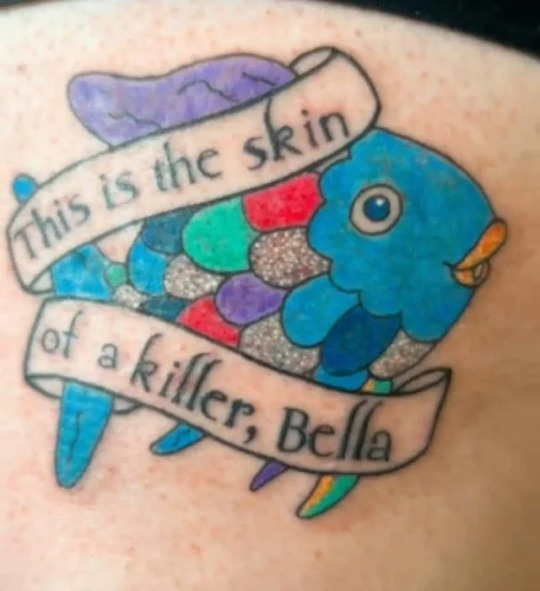
19K notes
·
View notes
Text
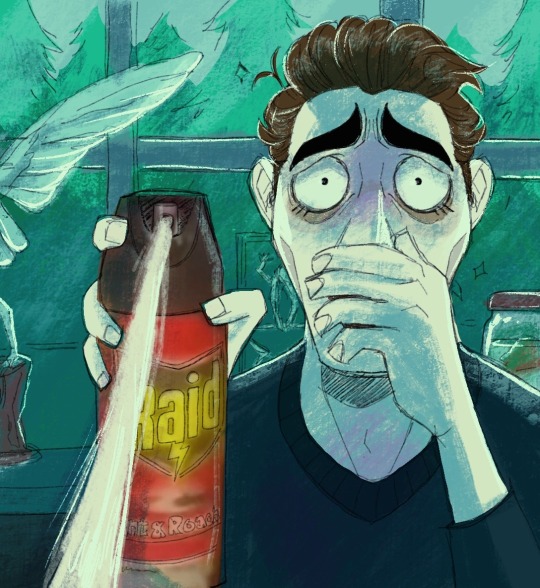
POV: You're Bella and you sat next to Edward in biology class
#twilight#edward cullen#bella swan#meme#my art#my sketches#my meme art#this is cuz of that announcement for a twilight animated series btw#i felt like doodling this at work real quick
2K notes
·
View notes
Text
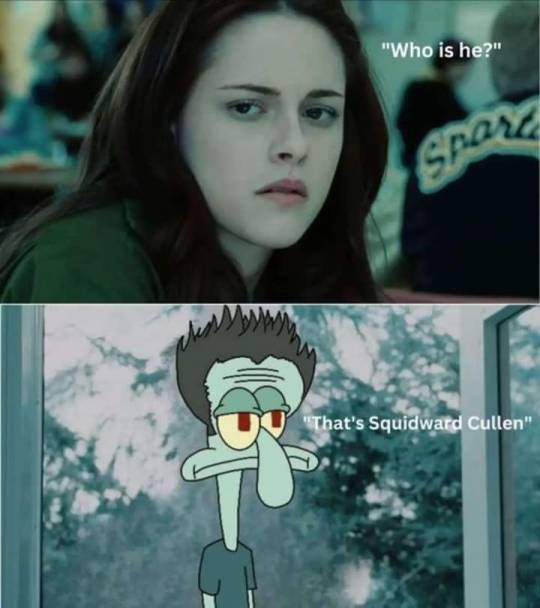
#yes#edward embodies squidward tentacles#memes#funny memes#nostalgia#nostalgia geek#nostalgiacore#1990s nostalgia#2000s nostalgia#2010s nostalgia#cartoons#kids cartoons#nickelodeon#spongebob squarepants#squidward tentacles#twilight#the twilight saga#bella swan#edward cullen#i like kristen stewart#so do not come at me for this#kristen stewart#spongebob memes#twilight memes#squidward cullen#books#books and reading#books and movies#movies based on books
7K notes
·
View notes
Text
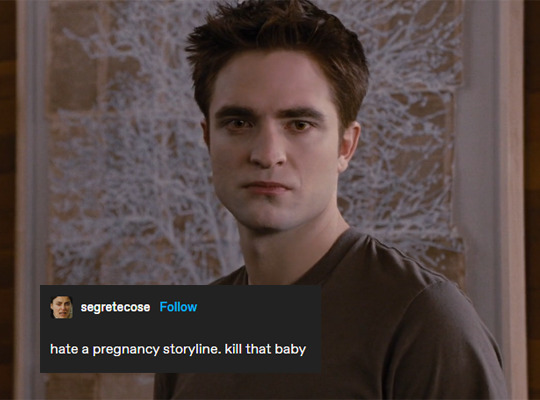
#twilight#twilightedit#twilight edit#edward cullen#edwardcullenedit#renesmee cullen#the twilight saga#twilight saga#breaking dawn#twilight meme#twilight memes#twilight renaissance#my post*
6K notes
·
View notes
Text
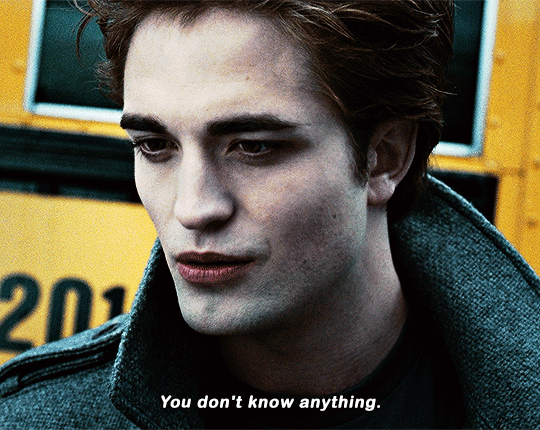
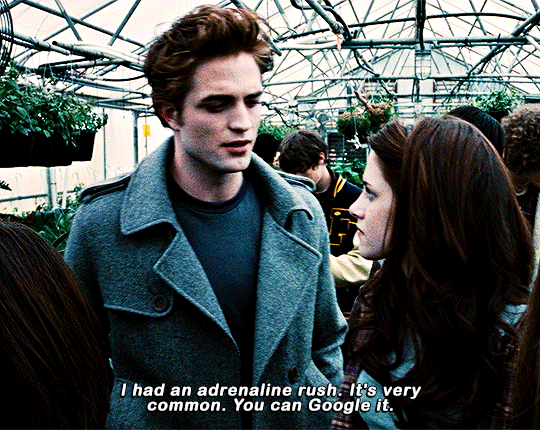



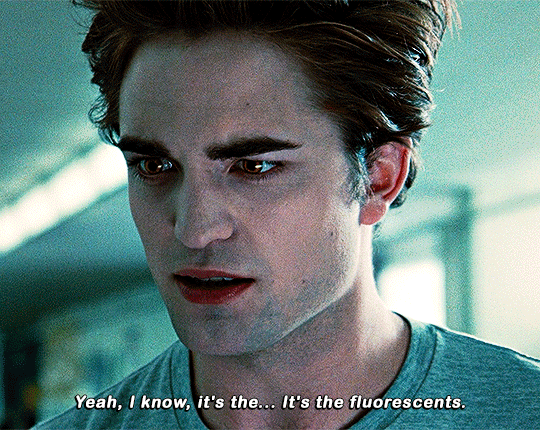
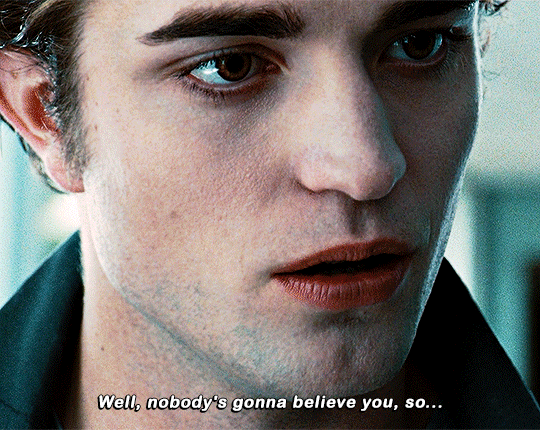

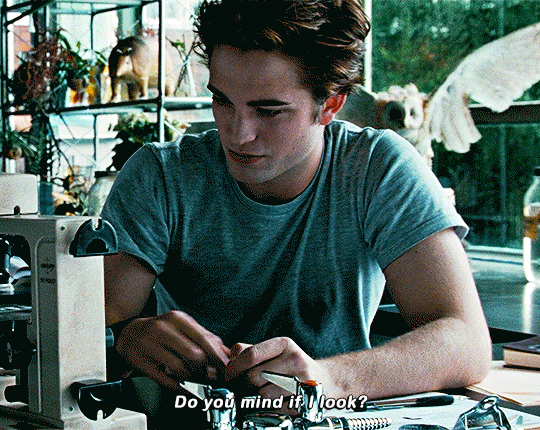

EDWARD CULLEN + red flags 🚩
#twilight#edward cullen#robert pattinson#twilightedit#filmedit#chewieblog#dailyflicks#cinemapix#moviegifs#cinematv#userstream#usertom#arthurpendragonns#userjasmine#usersugar#tuserhan#usermandie#*#bella gorl RUN. this man is GASLIGHTING you non stop 😭
2K notes
·
View notes
Text
as someone who has moved to a smaller city (30K people in total) for grad school, i would like to say twilight is wrong. the smaller the population the more people know you. i went to a cafe twice and they already know my order. 1000% everyone in forks knows the cullens are vampires and are just too entertained by how bad they are at acting normal to break it to them
#bella swan#twilight#edward cullen#twilight renaissance#effervescent#rosalie hale#alice cullen#twilight revival#twilight saga#new moon#twilight renewal#the twilight saga#carlisle cullen#esme cullen
10K notes
·
View notes
Text
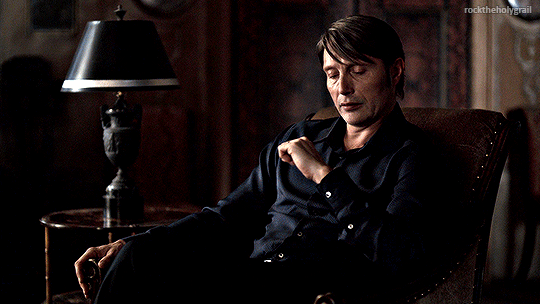
His dramatic ass is giving Bella in twilight missing Edward.
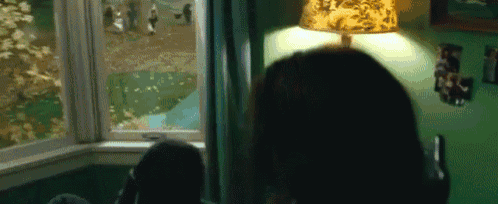
#just a couple of heartbroken kids#there’s like three different scenes of him#just sitting in a chair doing nothing#except for missing will#I know what you are Hannibal#say it#a cannibal#hannibal#hannibal lecter#hannigram#nbc hannibal#will x hannibal#hannibal nbc#will graham#hannibal x will#hannigraham#bella swan#edward cullen#Hannibal missing will#sad hannibal#dramatic Hannibal#murder husbands#Hannibal 3x03#hannibal memes
2K notes
·
View notes
Photo
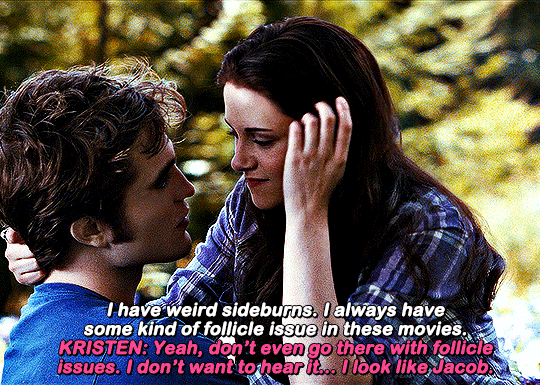
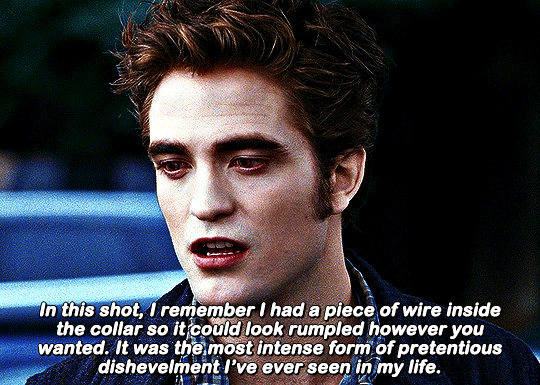
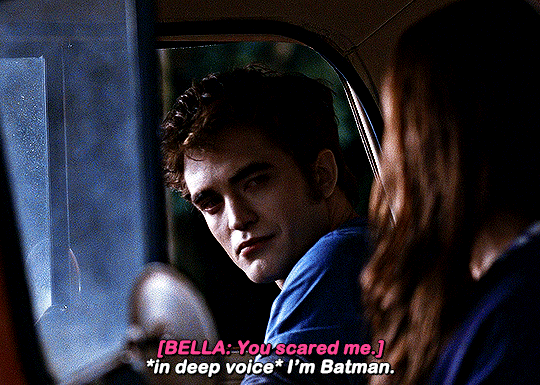
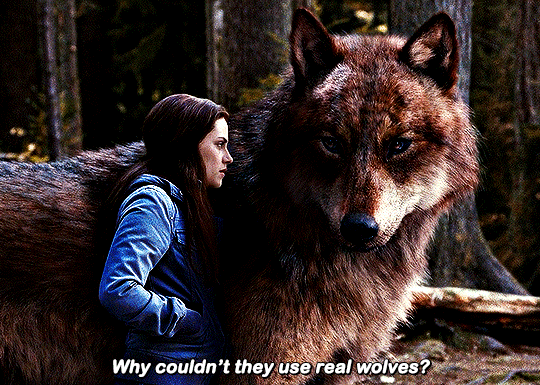

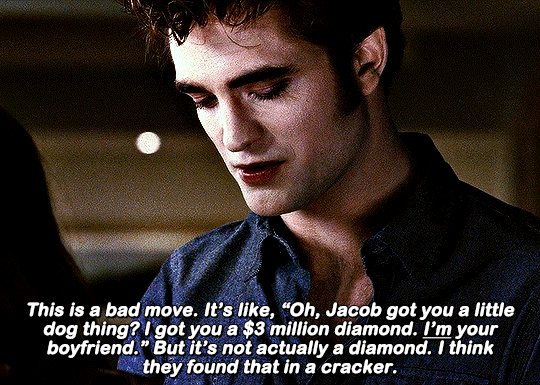
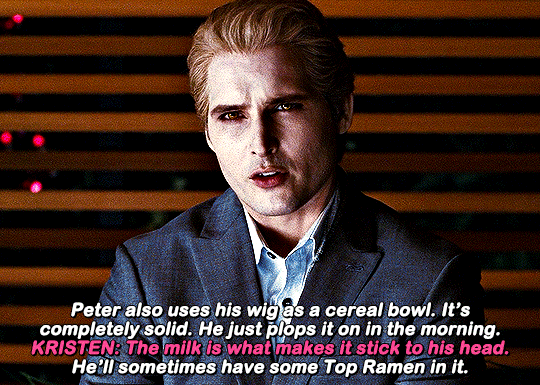
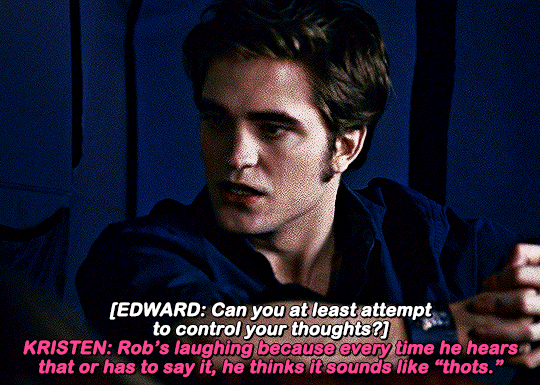
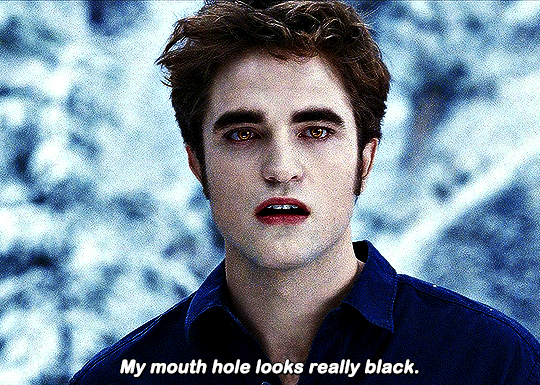
THE TWILIGHT SAGA: ECLIPSE (2010) — Robert Pattinson’s audio commentary with Kristen Stewart
#twilight#the twilight saga: eclipse#robert pattinson#kristen stewart#edward cullen#twilightedit#filmedit#rpattinsonedit#userbbelcher#filmgifs#moviegifs#useraurore#usersavana#usersameera#userreh#usergina#usermandie#zanisummers#chewieblog#*mine#this is my absolute favorite thing to listen to when i need a serotonin boost
30K notes
·
View notes